Community reflects on “Don’t Say Gay” bill
Art by Veronika Maynard. LGBTQ+ students are concerned that students rights will be limited by the new legislation, effectively muzzling their free speech.
A new state policy, the Parental Rights in Education bill, was proposed by republican Florida House member Joe Harding in late January, dubbed by LGBTQ+ advocates as the “Don’t Say Gay” bill. This bill would prohibit the “discussion of sexual orientation and gender identity in primary grade levels” if passed. It would also allow parents to sue teachers who choose not to out their children to them.
It has already passed through the Florida House committee, and the Florida Senate committee just recently passed the bill as well. Republican Governor Ron DeSantis has also signaled support for it. If Florida legislators pass this bill, it will go into effect this year on July 1st with all school district plans having to be updated by June 30th, 2023.
When having questioned Seminole County school board members on how the bill would be implemented should it be passed, we were referred to the district attorney who stated that the bill will be “thoroughly analyzed” on “how it will apply to our schools and how best the requirements can be implemented with the least amount of disruption to our instructional model.”
But despite all of these concerns over education having “not age appropriate or developmentally appropriate” topics – such as anything relating to the LGBTQ+ community – throughout the entire K-12 curriculum there is not a single mention of any words pertaining to the community specifically, such as “gay,” “homosexual,” “LGBT,” “queer,” ect.
According to many concerned students, this bill could lead to the erasure of the community’s history by diminishing their unique experiences and trauma they’ve endured over the years.
“I feel like every time we take one step forward, we take two steps back,” said Gay/Straight Alliance senior president Camille Rush. “This bill is sending the message that it is okay to discriminate against someone’s right to live as themselves.”
People claim that in addition to the bill erasing the societal progress the community has made, it also gives off the impression that being queer is something to be ashamed of. And consequently, by making it a forbidden topic, demonizing LGBTQ+ people and their experiences.
“This is only going to further marginalize that group of people,” said senior Samantha Holzman. “Not only are those people being excluded because they can’t even learn about themselves, but now no one else in the classroom can learn about them either.”
By creating a stigma around queer topics, it will only make the lives of students in the community more difficult. Not being allowed to discuss LGBTQ+ matters puts a block between students.
“[The bill] further oppresses insecurities and issues within students regarding their identity,” said licensed mental health therapist Crystal Conley. “If we can’t talk about something, it makes it seem like it’s bad or wrong rather than normalizing it.”
If this bill is enacted, it will also allow parents to sue teachers for not notifying them if their child comes out to them. This will drive a wedge between student and teacher relationships by causing a breach of trust.
“[Students] are not going to come to their teachers anymore and won’t be able to have that safe place where they can talk to them when they need help,” said history teacher Jessica Jenkins. “This bill is basically going to make it so that we no longer have trust or privacy and now these students may not get the help they need.”
Now not only will a student not have their parents to go to for guidance, but they can’t talk to their teachers anymore either without the risk of losing their job.
“Diversity makes us stronger,” said Jenkins. “And banning speech and education achieves the opposite.”
Your donation will support the student journalists of Oviedo High School. Your contribution will allow us to purchase equipment and cover our annual website hosting and printing costs. Thank you!







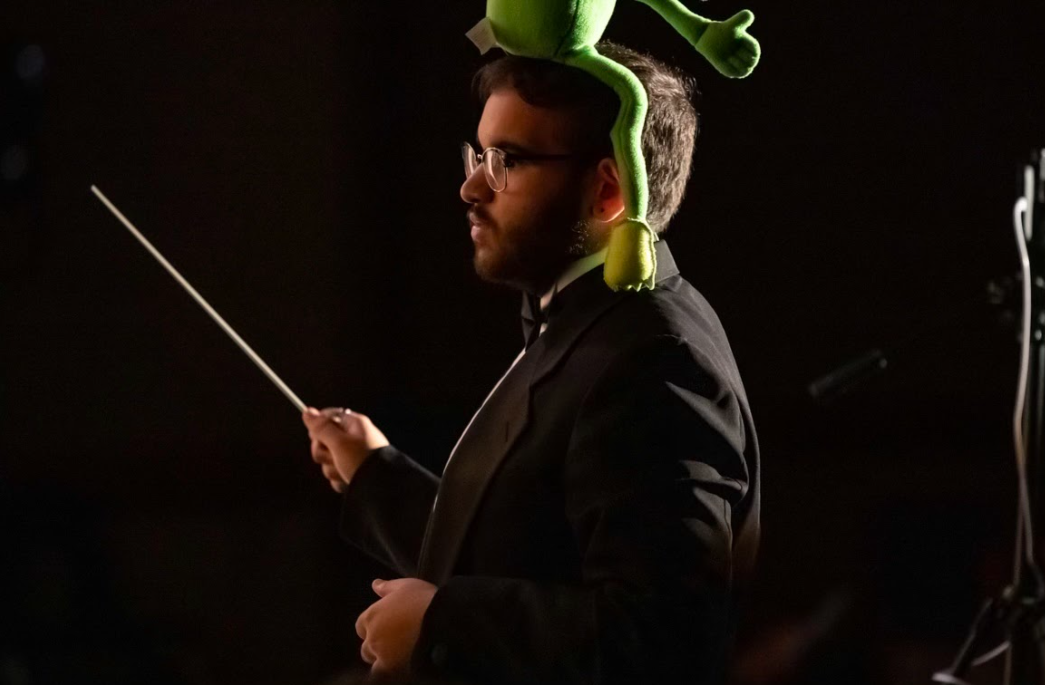
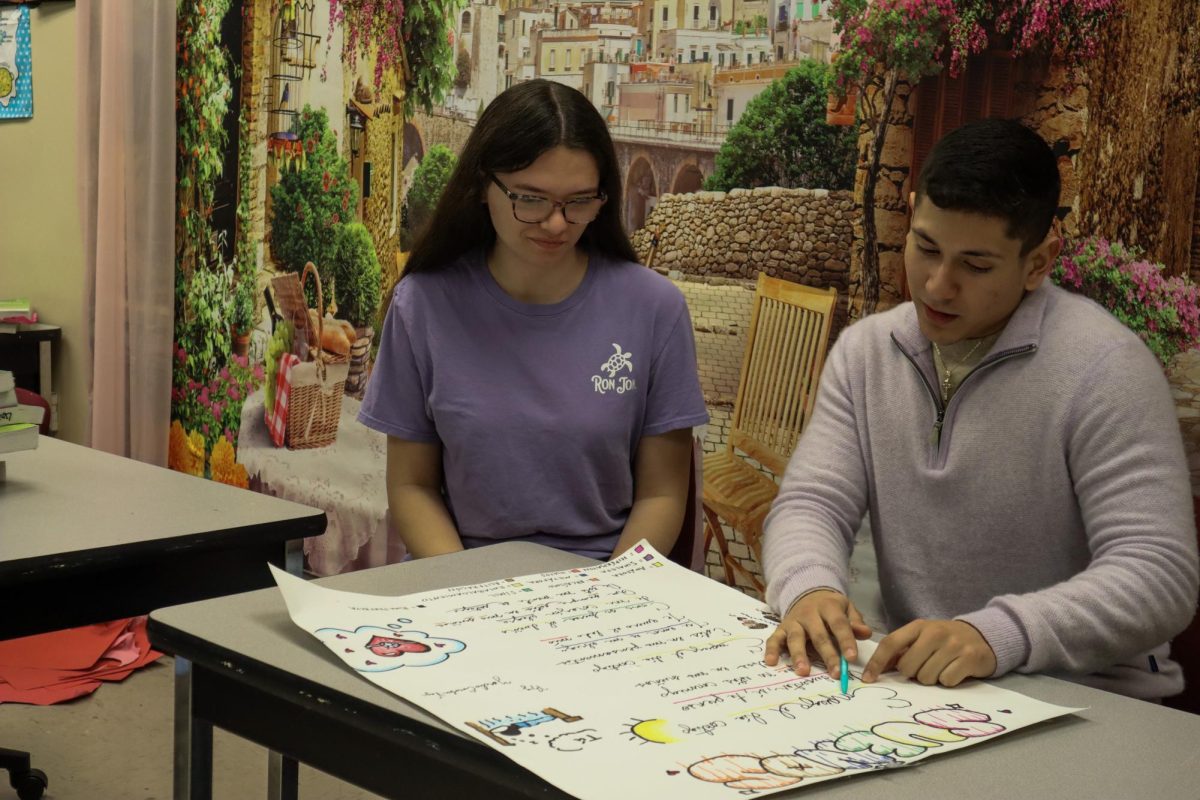
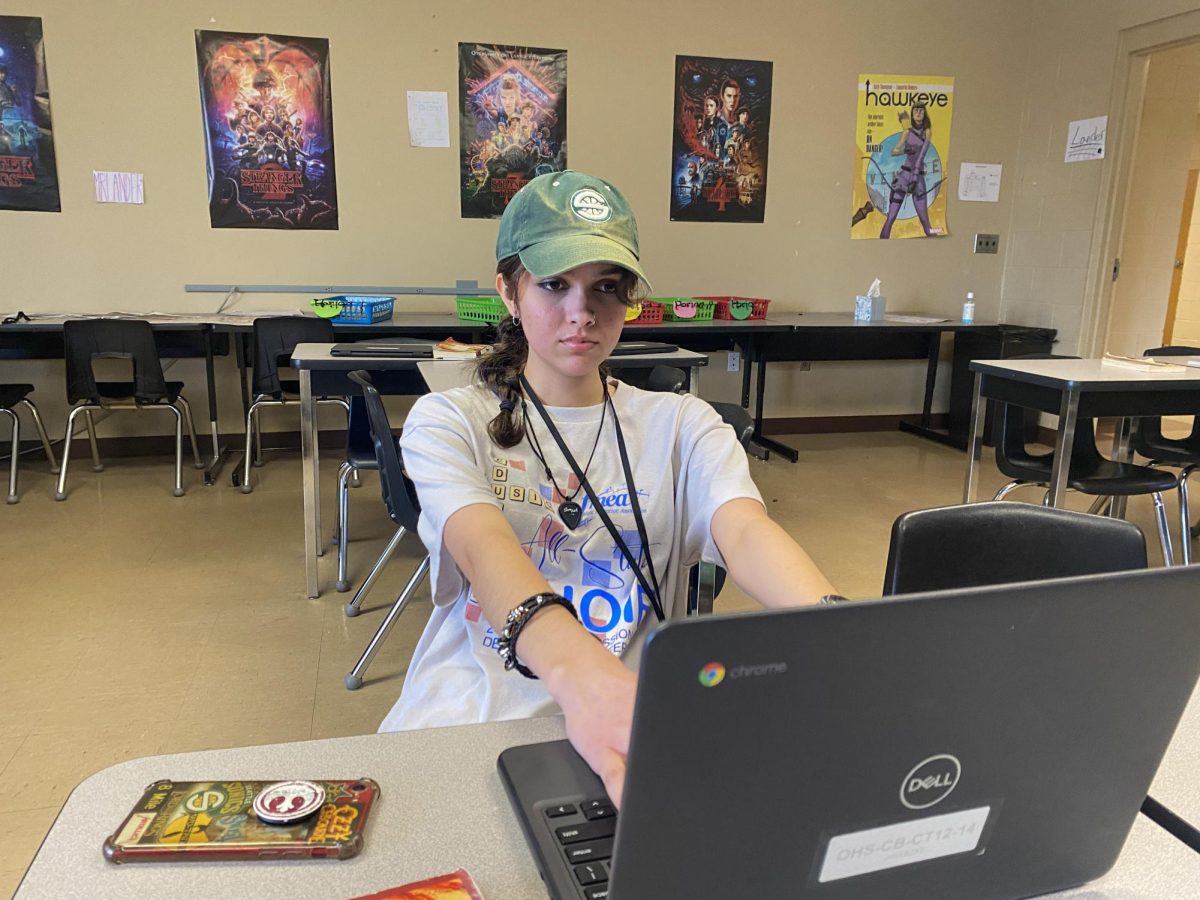


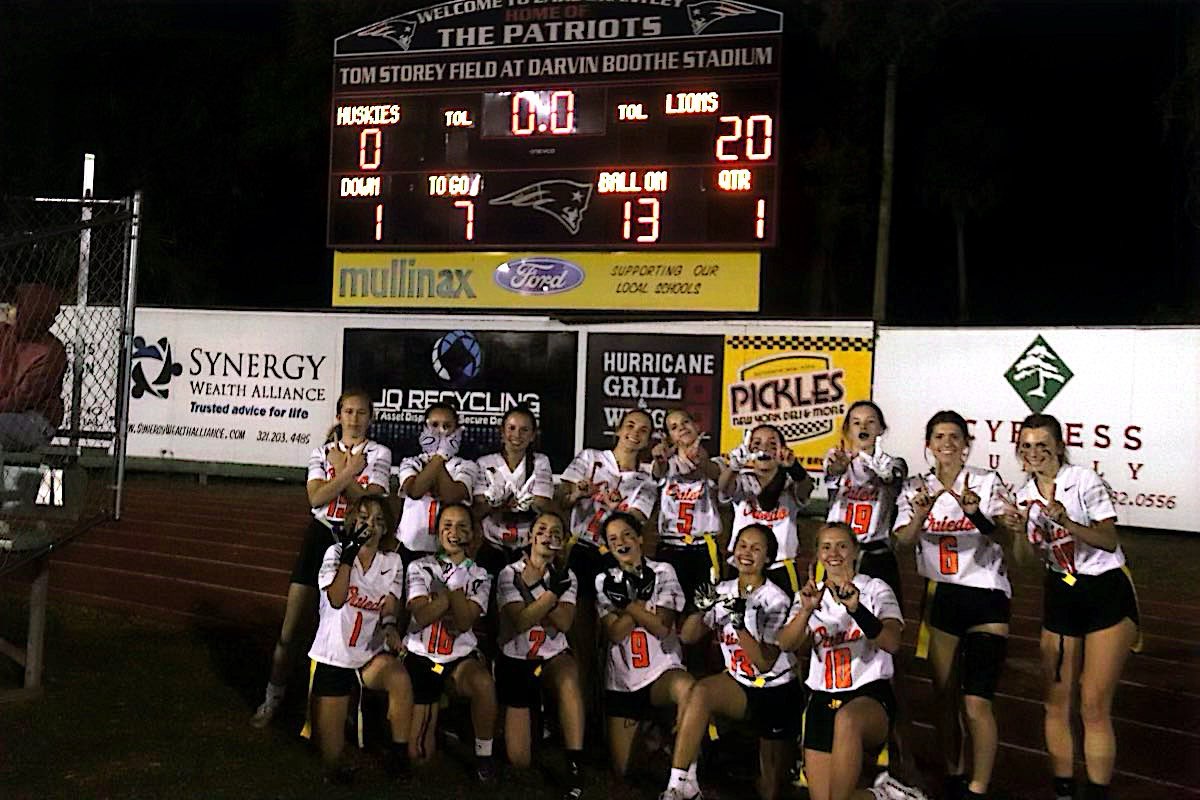

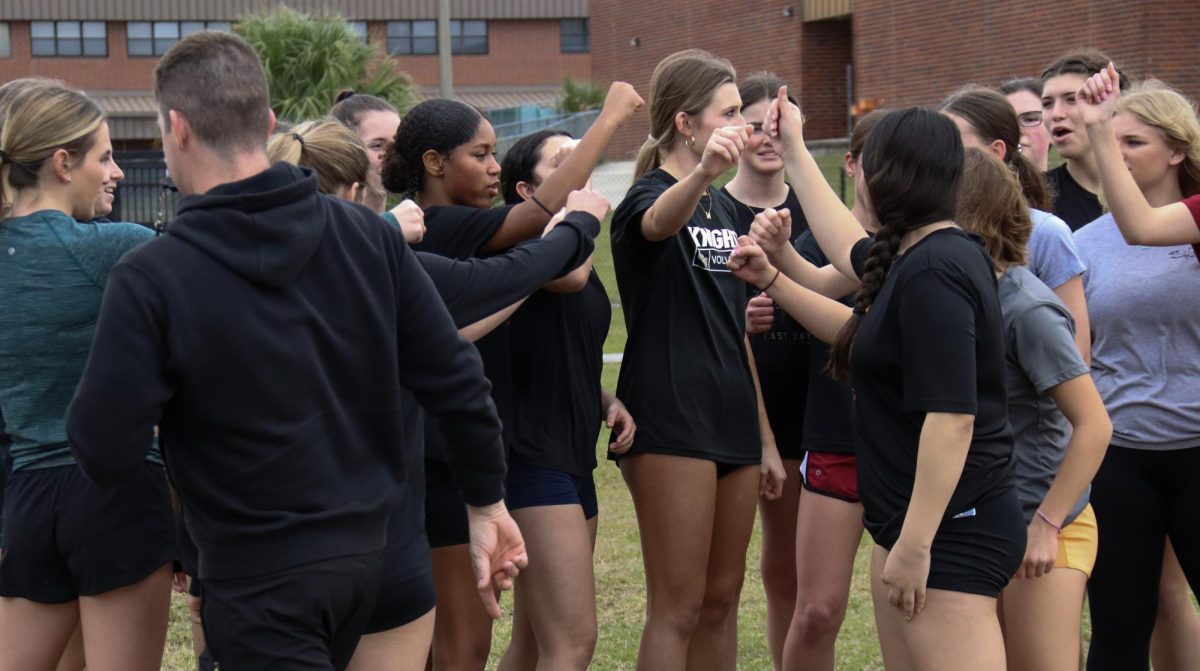
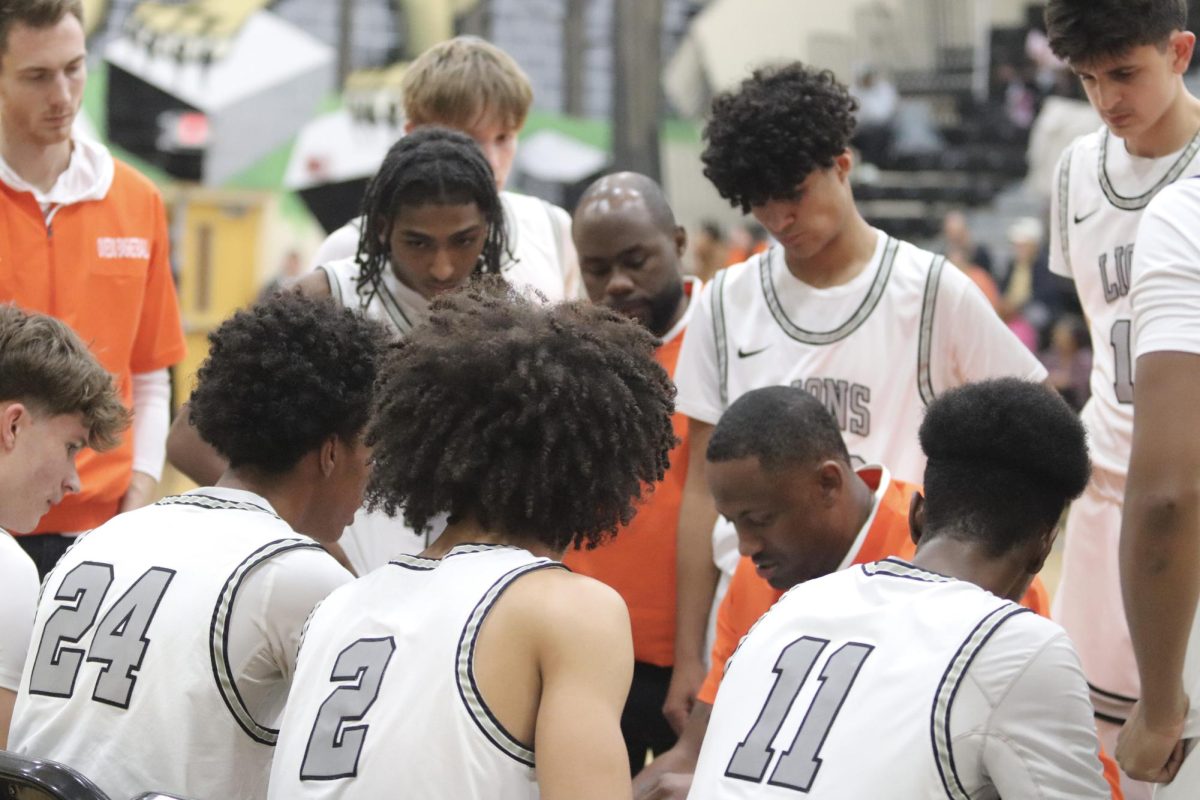






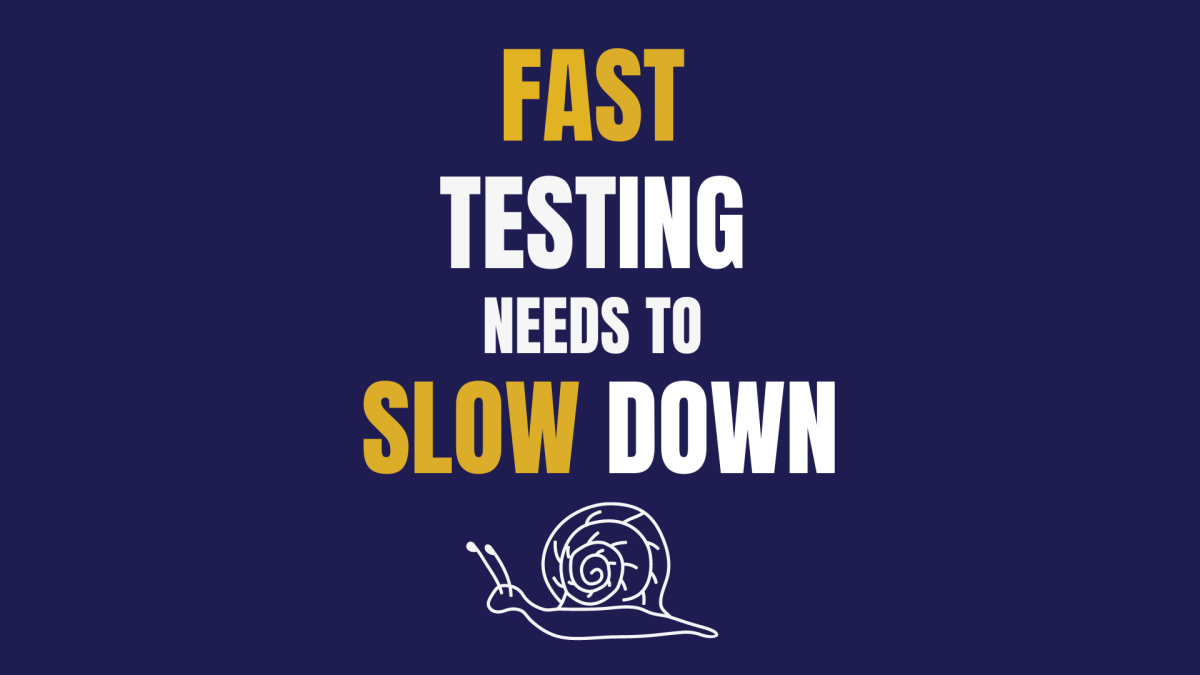
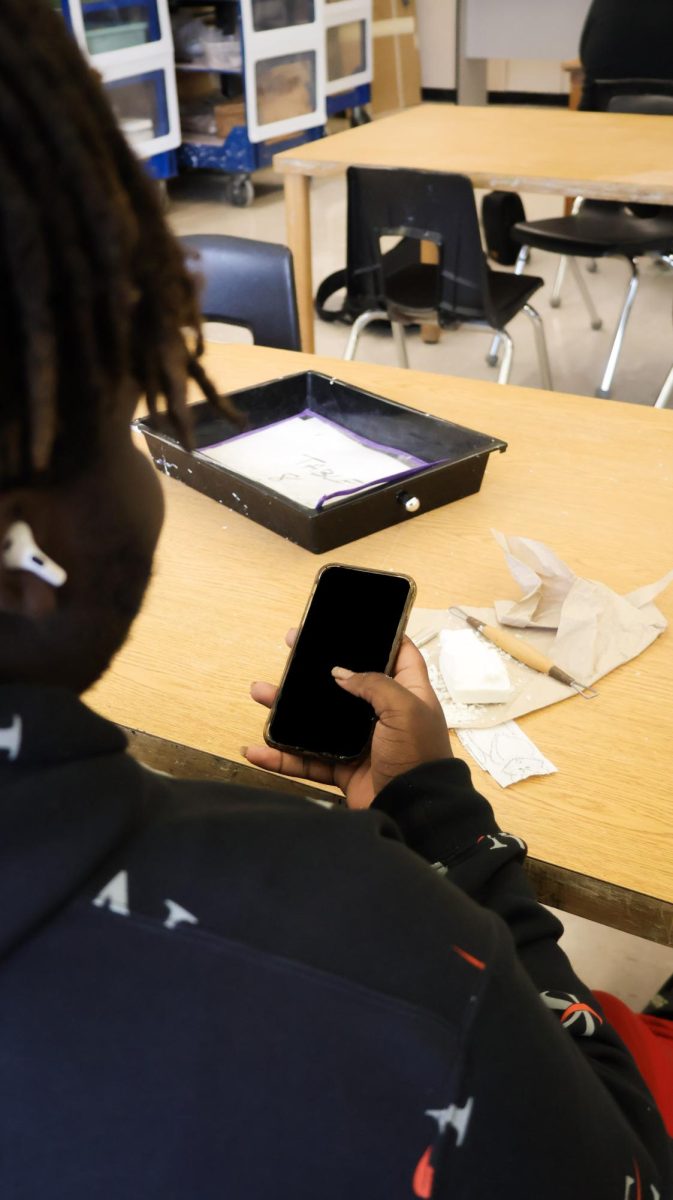
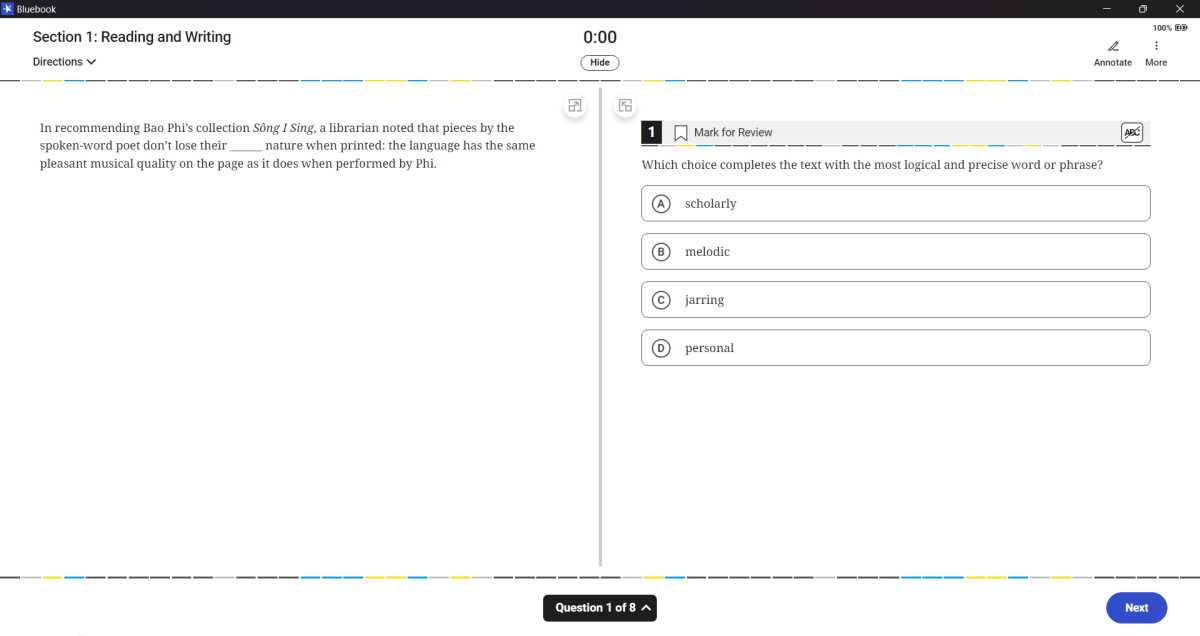










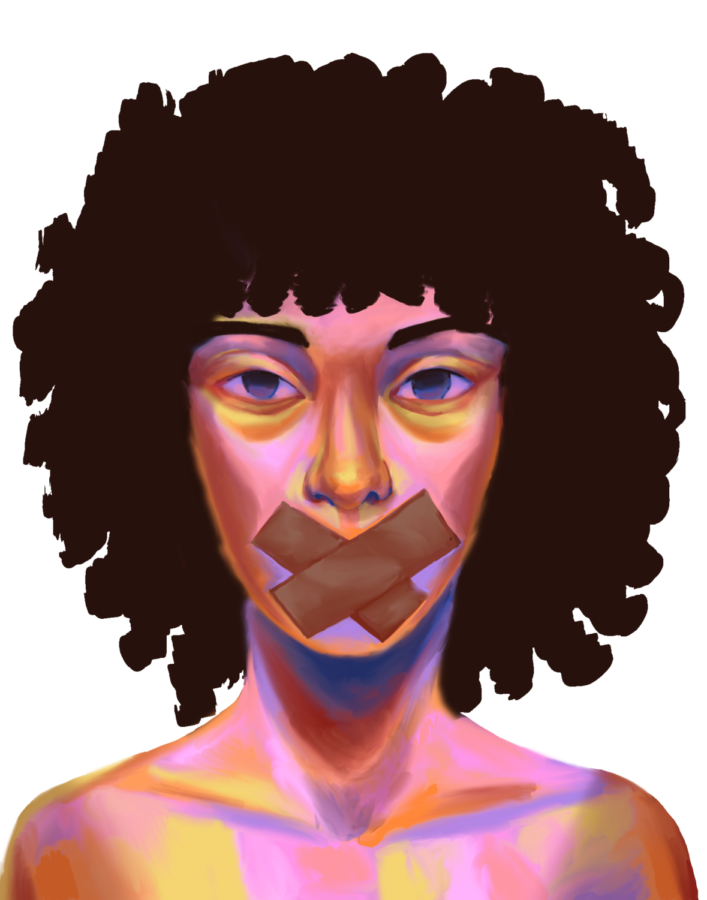





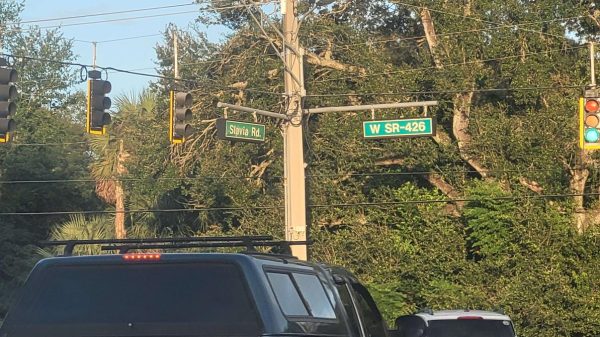

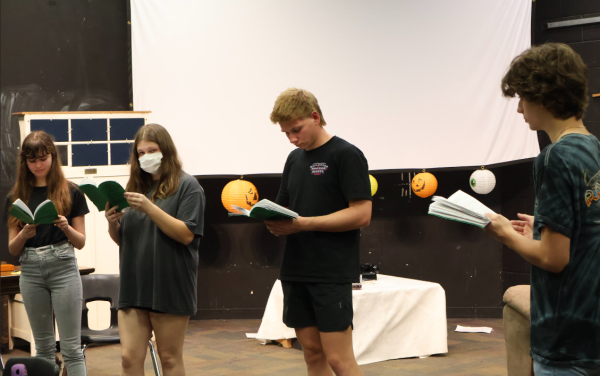

Kaytlyn • Sep 15, 2022 at 2:03 PM
The “Don’t Say Gay’ bill is incredibly unnecessary and offensive to people in that community. You are not ‘influencing’ the children into being gay, you are simply educating them on the basic human rights of people being able to love and marry who they want.